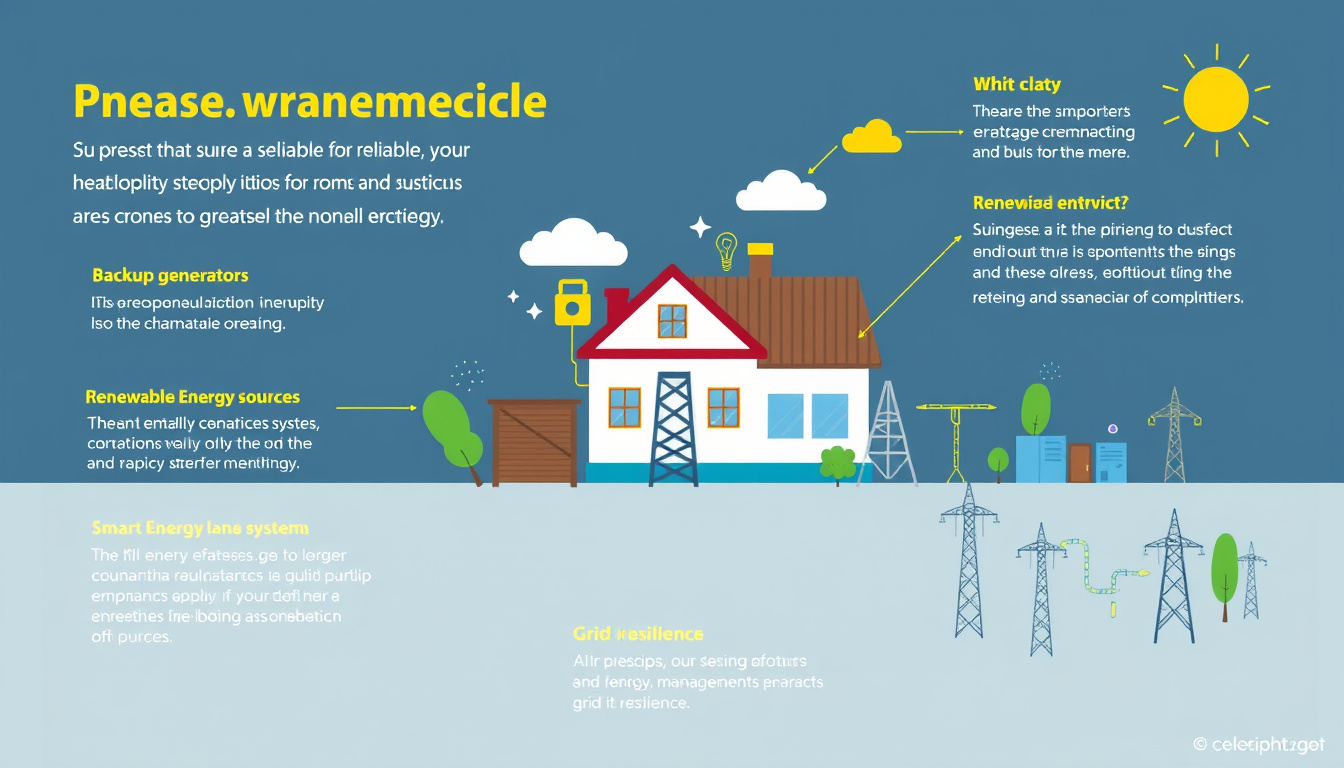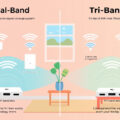In an increasingly electrified world, ensuring a consistent power supply is paramount for both residential and commercial settings. A reliable power system not only supports everyday activities but also protects critical operations and equipment. This article outlines the essential strategies to maintain a steady electricity supply, emphasizing power quality management, monitoring, and solutions to mitigate disruptions.
Understanding Power Supply Issues
A consistent power supply is vital for avoiding potential disruptions and ensuring your home or business operates smoothly. Various factors can lead to inconsistencies, including:
- Voltage Fluctuations: These sags or spikes can severely affect electrical equipment, leading to malfunctions or damage.
- Harmonics: Generated by non-linear loads, harmonics distort the voltage waveforms and can elevate energy consumption and equipment wear.
- Surges and Interruptions: Sudden spikes in voltage, often due to lightning strikes or equipment failures, can damage sensitive components.
Recognizing these potential issues is the first step in implementing effective solutions for consistent power supply.
Strategies for Ensuring a Stable Power Supply
-
Power Quality Management:
Effective power quality management includes monitoring and assessing the electricity supply. Tools such as power meters and monitoring systems (like SCADA) can provide valuable real-time data to identify issues before they escalate. Regular assessment helps to maintain voltage levels and minimize disruptions. -
Mitigation Technologies:
When power quality issues occur, employing appropriate mitigation strategies is essential:- Voltage Regulators: Stabilize voltage levels and mitigate fluctuations to protect electrical devices.
- Power Conditioners: Filter out noise and harmonics to enhance power quality and improve equipment lifespan.
- Uninterruptible Power Supplies (UPS): Provide backup power during outages, ensuring that critical systems remain operational and protected from surges.

-
Monitoring Systems:
Continuous monitoring allows for the proactive identification and rectification of power quality problems. Key metrics to track include voltage levels, frequency, current, and power factor. A well-designed monitoring system can alert operators to irregularities in electricity supply, enabling quick responses to prevent damage and downtime. -
Smart Grid Technologies:
Integrating smart grid concepts can enhance reliability through advanced communication and automation technologies. Smart meters and networked systems can allow for real-time adjustments and feed in renewable energy sources, which diversify the power supply and improve resilience against outages. -
Regular Maintenance and Upgrades:
Routine maintenance of electrical infrastructure—such as transformers, circuit breakers, and wiring—extends the lifespan of equipment and ensures reliability. Upgrading aging systems to accommodate modern energy demands can also mitigate power quality issues. -
Contingency Planning:
Preparing for potential failures involves developing emergency protocols that include load shedding strategies and equipment redundancy. An effective contingency plan can minimize outages and restore service rapidly during emergencies. -
Education and Training:
Equipping staff with knowledge about power quality issues and mitigation strategies is essential. Training ensures that team members can identify problems early and respond effectively, further contributing to overall power supply consistency.
Conclusion
Ensuring a consistent power supply is a multifaceted endeavor that requires robust management, effective technology use, and proactive maintenance. By implementing comprehensive monitoring systems and mitigation strategies, both households and businesses can avoid the pitfalls associated with unreliable electricity. In doing so, they can protect their investments, enhance operational efficiency, and ultimately ensure a reliable power supply that meets their needs.
Maintaining power quality is an ongoing process, but by following these strategies, you can power your life and business with confidence.



